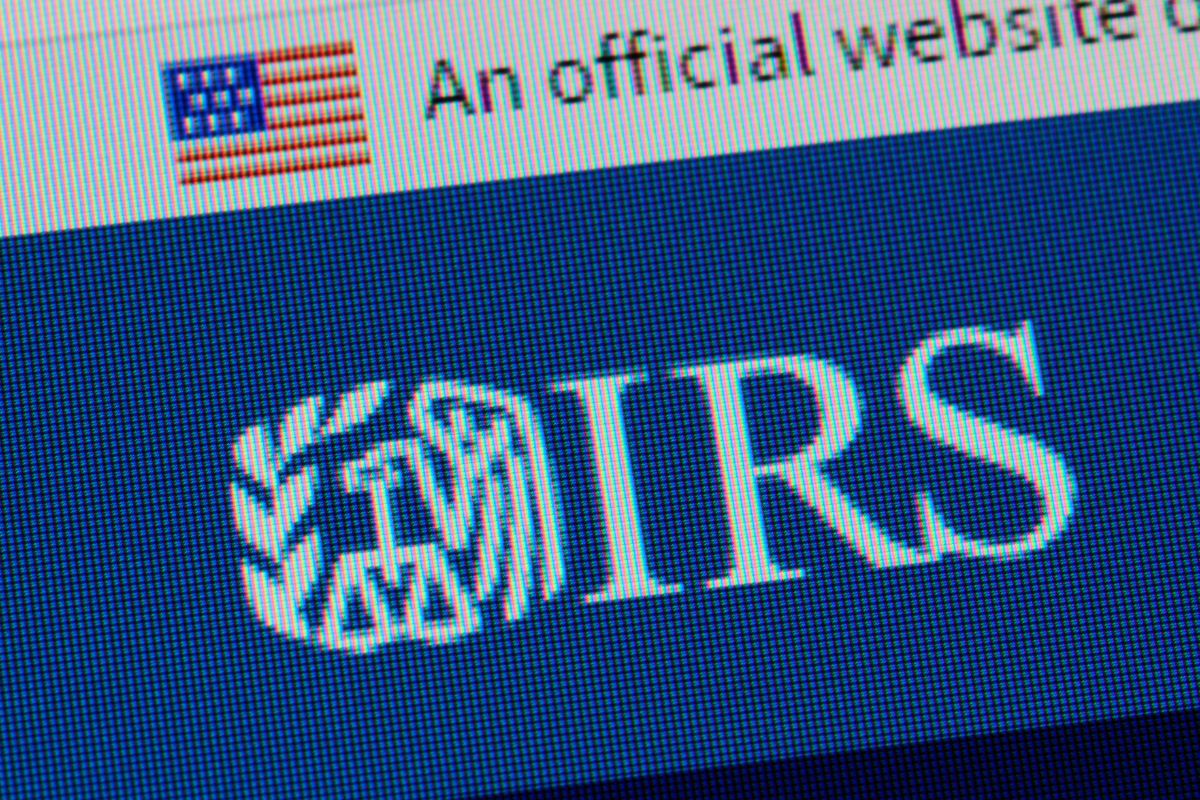
12 Mar Unmasking IRS Fraud
A Consumer’s Guide to IRS Fraud Awareness and Protection
With tax season in full swing, the threat of becoming a target for IRS scams grows progressively more significant. Scammers and fraudsters employ various tactics to exploit unsuspecting individuals, aiming to steal sensitive information or extort money. As a consumer, it’s crucial to be aware of these schemes and take proactive steps to protect yourself.
In this article, we’ll delve into the world of IRS fraud, highlighting red flags and providing tips on safeguarding your personal and financial information.
Understanding IRS Fraud
IRS fraud typically involves criminals posing as representatives of the Internal Revenue Service, exploiting the fear and uncertainty surrounding tax-related matters.
These scams can manifest in different forms, including phishing emails, phone calls, and even fake websites. The main goal is to obtain personal information or money from the victim. This is typically done by threatening legal action or promising large refunds.
Common Tactics Used by Fraudsters
Phishing Emails
Fraudulent emails claiming to be from the IRS are a prevalent method used by scammers. These emails often contain alarming subject lines, such as “Immediate Action Required” or “Urgent Tax Notice.” They may appear legitimate, using the IRS logo and language that mimics official communication. Phishing emails may contain links or attachments that can install malware on your device. These emails may also redirect you to fake websites designed to steal your personal information.
Phone Calls
Another common tactic is fraudulent phone calls from individuals posing as IRS agents. These scammers use caller ID spoofing to make it appear as though the call is coming from the IRS. They may claim that you owe back taxes or that there is a warrant for your arrest due to unpaid taxes. In some cases, they may even manipulate caller ID information to display a legitimate IRS phone number. These calls often involve threats of legal action, arrest, or deportation if immediate payment is not made.
Fake Websites
Fraudsters also create fake websites that closely resemble the official IRS website. The IRS will not request personal or financial details through email or phone calls., tricking individuals into entering sensitive information such as Social Security numbers, bank account details, or credit card information. These websites may claim to offer tax refunds or services and can be challenging to distinguish from the real IRS site for the untrained eye.
Why Fraudsters Target Consumers via Phone and Email
Establishing Urgency
Scammers often use urgency as a psychological tactic to manipulate victims into taking immediate action. Scammers use frightening phone calls or emails to make people panic. They do this in order to get personal information or money from them. People often give in without verifying if the communication is legitimate.
Exploiting Fear and Intimidation
Phone calls are particularly effective for scammers seeking to intimidate victims. Fear of getting in trouble can make people act quickly, sharing personal info or paying without checking properly.
Impersonating Authority Figures
By posing as IRS agents or tax authorities, fraudsters exploit the trust that individuals place in these institutions. This pretending makes their scams seem real, so victims are more likely to do what they ask.
Protecting Yourself from IRS Fraud
Verify Caller Identity
If you receive a call claiming to be from the IRS, remain vigilant. The IRS does not initiate contact with taxpayers by phone to demand immediate payment or threaten arrest. If in doubt, hang up and independently verify the legitimacy of the call by contacting the IRS directly using their official phone number.
Avoid disclosing personal details
The IRS will not request personal or financial information through email or phone calls. Be cautious about sharing any sensitive details, such as Social Security numbers, bank account information, or credit card numbers, with unsolicited callers or in response to unexpected emails.
Double-Check Email Sources
Examine the sender’s email address closely to identify any discrepancies or irregularities. Legitimate IRS correspondence typically comes from an “@irs.gov” email address. Don’t click on links or download attachments from unknown sources. They could have harmful software or take you to fake websites.
Use Two-Factor Authentication
Enable two-factor authentication on your tax-related accounts to add an extra layer of security. This extra step keeps your accounts safe if someone gets your login information.
Keep Software Updated
Regularly update your computer’s operating system, antivirus software, and other applications to defend against malware and security vulnerabilities that scammers may exploit.
Conclusion
As tax season continues, the threat of IRS fraud looms large. By keeping yourself updated and alert, you can safeguard yourself from becoming prey to these frauds. Be cautious of unsolicited emails or calls, verify the identity of any supposed IRS representatives, and refrain from sharing sensitive information without thorough verification. To protect yourself from fraud, take proactive steps during tax season to keep your personal and financial information safe and secure.
At DVF, we have a team of trusted tax professionals who look at tax returns each day. As a client, always consult with us if you’ve had any issues that seem suspicious.


